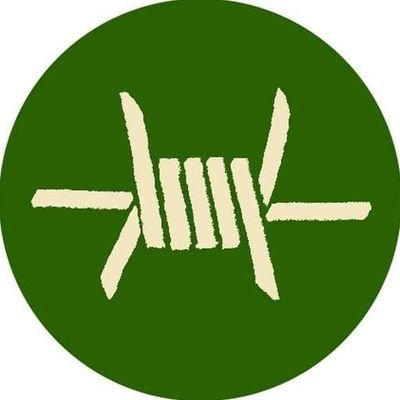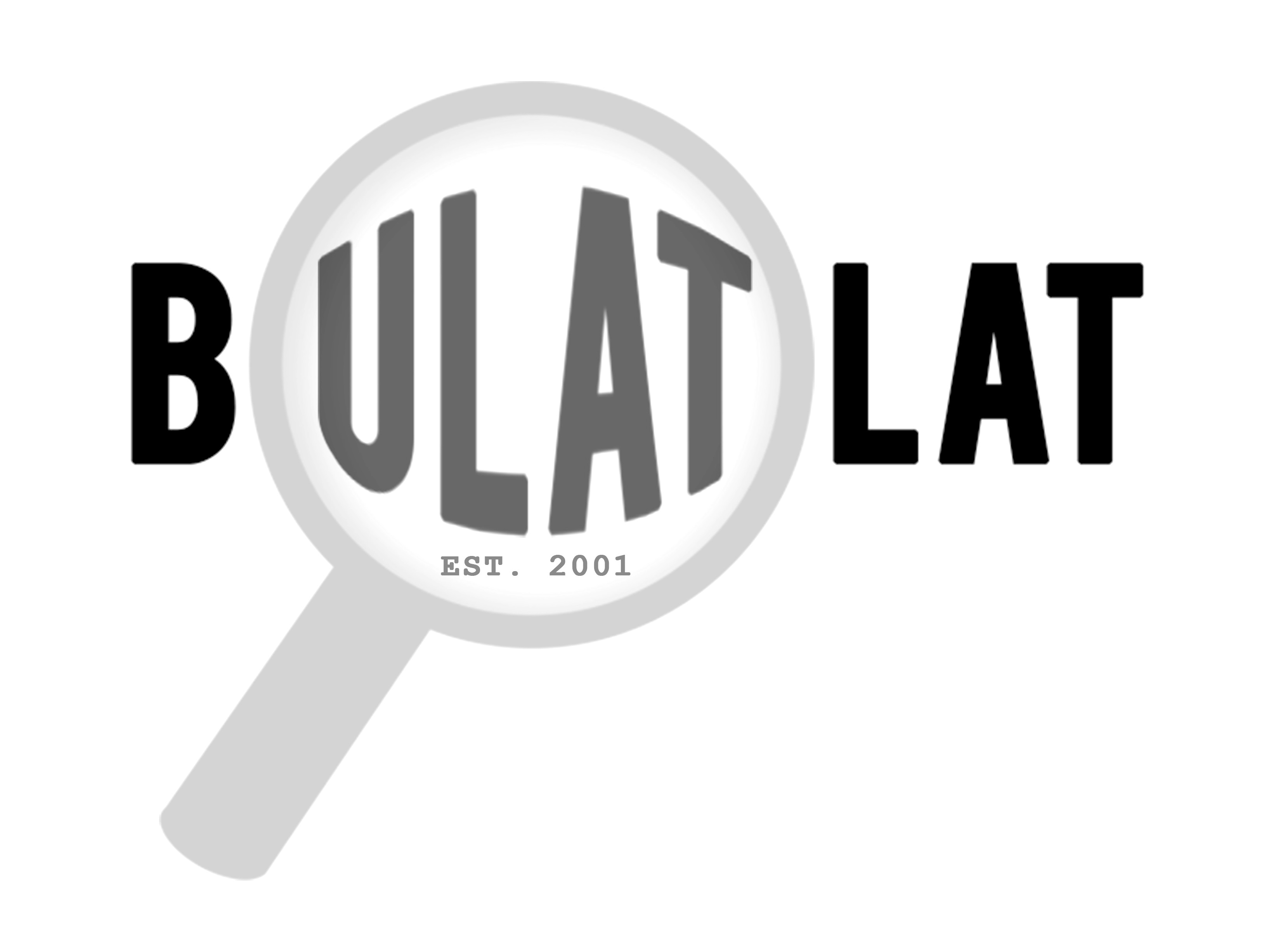Violence against Amazonians is nothing new. As capitalists — mining companies, landowners, and the state itself — seize ever more of the region’s land and resources, they inevitably confront, and then violently dispossess, the Indigenous communities, quilombolas, and peasants that live there. Under the Bolsonaro government, these “conflicts” — more appropriately considered one-sided violence against those who seek only to maintain their right to their own resources — have increased to unprecedented levels.
A new report of the Pastoral Land Commission (CPT) released last month points to a record number of agricultural conflicts in 2020, with 2,054 registered cases. The Legal Amazon — a region formed by the states of the North region, Mato Grosso and most of Maranhão — has been the main focus of violence in the Brazilian countryside, with 77% of all cases.
Overall, the survey points to an 8% increase in the number of conflicts registered in the countryside, from 1,903 in 2019 to 2,054 in 2020, reaching the highest number in the CPT report’s 35-year history. In 2018, a year before Bolsonaro took office, there were 1,547.
The number of hectares in conflict also skyrocketed, reaching 77,442,957 in 2020, up from 53,313,244 in 2019 — a 45% increase. Last year, the disputed territory was almost twice as big as that of 2018, when it was 39,425,494 hectares.
In 2020, eighteen people, seven of whom were indigenous, died because of conflicts. In 2019, there were 32.
Although the number of conflicts over water decreased in comparison to 2019, they are still much higher than that recorded in previous periods. There were 350 in 2020 and 509 in 2019, compared to 279 in 2018.
For researcher Patrícia Rosa Chaves, professor of Human Geography at the Federal University of Amapá (Ufap) and specialist in Agrarian Geography, the data suggest a consolidation of the pattern of concentration of agrarian violence in the Legal Amazon, a trend that began in 2015. Chaves is one of the CPT advisors responsible for analyzing the data.
WITH BOLSONARO, CONFLICTS CAUSED BY THE GOVERNMENT ESCALATE
"Despite the attacks, the Amazon is supposed to be a region under protection due to the number of environmental reserves and indigenous territories," she says. "But the current government is committed to handing over these natural assets to Brazilian and foreign capitalists." She points out that the idea of exploiting the Amazon in partnership with allied countries had always been in Bolsonaro's government programme and replicates the military dictatorship’s project.
During the first two years of Jair Bolsonaro's administration, the number of conflicts in the countryside where the government itself was the aggressor soared. The CPT registered 311 cases, seven times the number observed during the Dilma Rousseff (PT) administration, when the federal government was the aggressor in 45 cases. The main targets of this offensive carried out with the direct participation or support of the government are indigenous peoples, quilombolas and extractive industry workers. This number does not take into account political support for the other aggressors: landowners, gold miners and land grabbers.
Patrícia notes that Bolsonaro's rhetoric echoes the false argument that the region is a demographic vacuum. "The very number of conflicts and families affected demonstrates the fallacy of the argument," she explains. "And we must remember that countryside families, especially those of traditional and original peoples, have more members than most of the urban centres’." The 1,576 cases of conflicts in the Legal Amazon in 2020 affected 171,000 families.
THE PANDEMIC MAKES COMMUNITIES MORE VULNERABLE
During the pandemic, these “conflicts” have become even more asymmetric: "These are not cases in which these communities are occupying land [as a protest strategy]. They are just living in their own territories, struggling to survive, facing the impacts of Covid-19, and they are attacked by those who want to exploit those lands".
With little protection and precarious health policies even before the pandemic, these populations have suffered doubly, as is clear from the figures on indigenous and quilombola deaths due to the coronavirus.
Attacks on these populations were central to the North region surpassing the Northeast in number of agrarian conflicts. The change began in 2015 and has been consolidated over the last two years. In 2020, even small states in the North, such as Acre and Amapá, were among the ten states with the highest number of conflicts.
"Amazonas is not among the ten states with the highest number of conflicts, but the conflicts involve a large population as well", comments Patrícia. The most critical region is the so-called Bico do Papagaio, on the border of Pará with Maranhão and Tocantins, in Legal Amazonia. With part of its territory in the Legal Amazon and also in Matopiba, Maranhão was the state with the highest number of conflicts.
The researcher also shared concerns about the decline in the numbers regarding slave labour: "It is not a sign that degrading or exploitative work has decreased, but rather that investigations and the monitoring of complaints by the public power have lost momentum".
Leonardo Fuhrmann is a reporter for De Olho nos Ruralistas.


